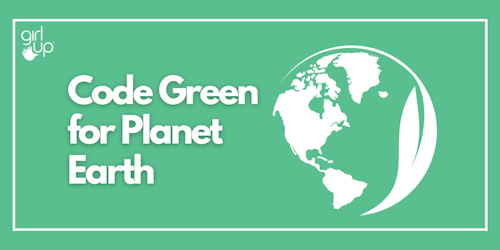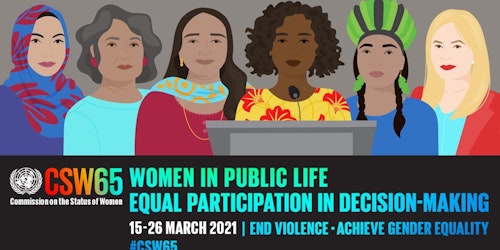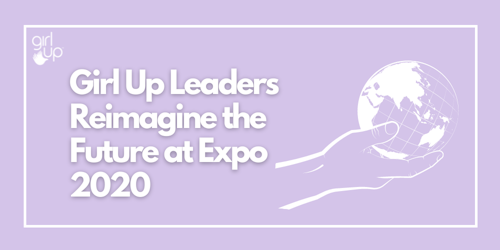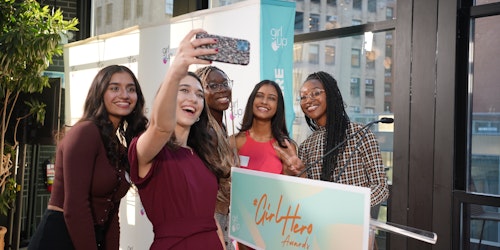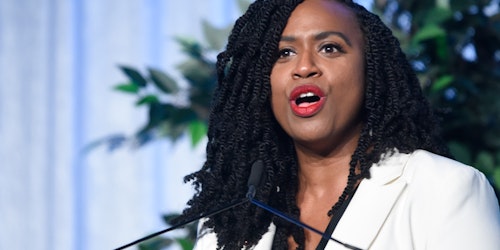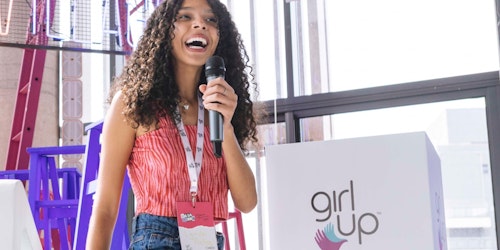Estimated reading time: 5 mins
Earlier this month, I was fortunate enough to attend Stockholm+50, a commemoration of 50 years since the institution of the United Nations Environmental Programme (UNEP). Since the focus of the event was “a healthy planet for the prosperity of all – our responsibility, our opportunity,” leaders were encouraged to draw on history to pursue multilateral paths towards urgent climate action. Phrases such as a “triple planetary crisis of climate, nature, and pollution” were frequently tossed around, especially when thinking of how to recover after the COVID-19 pandemic.
Taking place from June 2-3, Stockholm +50 was comprised of countless official events, side events, leadership dialogues, and plenary sessions. In those 48 hours, we tackled climate from every angle, from toxic waste transportation to the future of climate education curricula. It was an incredible, rejuvenating experience. I left feeling more energized than I did when I came in, powered by the enthusiasm of the youth.
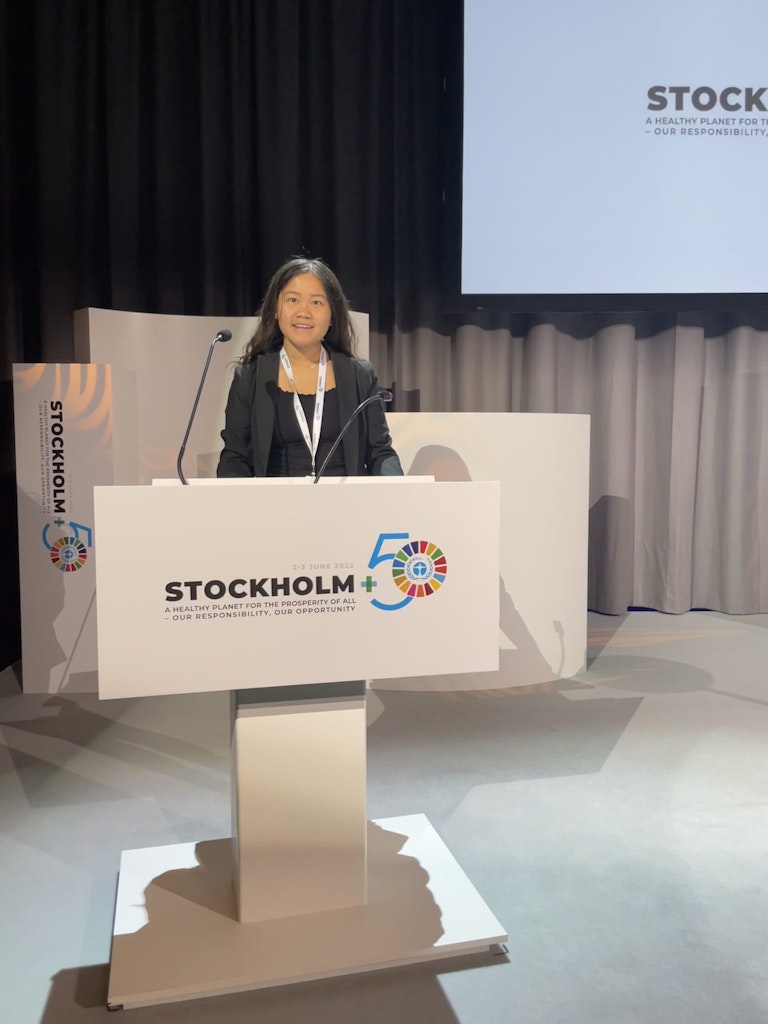
The Youth Assembly, organized by the Stockholm+50 Youth Task Force, was a conference in and of itself, featuring panels with the UN Secretary General’s Youth Envoy, speeches from the U.S. Presidential Envoy for Climate, and more. Youth from around the world were given the space to lead and were also able to acquire a physical space that allowed us to meet and reconnect rather than stay siloed with our delegations. Climate activism is often stratified as people and organizations fight to be at the forefront of the movement, but I felt none of that here. Hundreds of youths who were passionate about the same climate topics as me were able to interact and simply be. Together, I noticed how we injected laughter, pressure, and energy into the stiff, scripted, sleepy structures that are typical of UN conferences.
I had the privilege of speaking in several amazing side events at Stockholm+50 . The first was “A Common Agenda for Future Generations”, a roundtable sponsored by the United Nations Foundation. The event highlighted how the 1972 Stockholm Declaration was the first time that the rights of future generations were codified in language. Members of the United Nations Foundation presented the ministerial delegation with a new contract to better protect those rights for future generations. As a youth representative, I discussed the importance of protecting these rights for youth to pursue their lives free from the threat of the climate emergency.
I also spoke on the President of the 76th General Assembly’s panel entitled “Achieving a Sustainable and Inclusive Recovery from COVID-19 Pandemic: Shaping Economies that Work for Women.” While the panel was centered around women’s economic empowerment, I focused my remarks on how youth grassroots movements have the potential to push for a sustainable and feminist recovery following the pandemic. Something I had never considered was approaching foreign policy negotiations from a feminist angle, a concept Ms. Anne Linde, the Swedish Minister for Foreign Affairs and a fellow panelist, shared based on her experiences.
Sitting next to the past Rio de Janeiro Mayor for the Environment, Mr. Eduardo Caliviere, for the roundtable and standing next to Mr. Abdulla Shahid, President of the 76th General Assembly—someone who I had only ever seen from a screen—for the panel felt surreal. I never dreamed that I would be here any time during my professional career, much less this early on. While it was exciting to see many climate advocates I look up to deeply—such as familiar faces like Greta Thunberg—in the flesh in front of me, I found many more new role models through the experience as well.
Outside of the events taking place at the Stockholmsmassen venue, I also attended the Fridays for the Future Climate Strike, my first-ever climate strike made especially poignant considering Stockholm was the birthplace of the school strikes. There were thousands of people from all backgrounds—indigenous youth from Colombia, Fridays for the Future organizers from Indonesia, elderly locals from Sweden—yet we were all there standing side-by-side for the same purpose: environmental justice. There were musicians playing their instruments, children below the age of six, and pedestrians turned protesters, all chanting down the closed streets. It was the broadest coalition of climate activists that I had ever seen. Even people who didn’t consider themselves climate activists had turned into disruptors.
Overall, one thing I was glad to see was less “youth washing” and tokenism occurring at each program I attended during the conference. More and more often, youth are being consulted on the event planning, deliberations, and decision-making—areas that were once completely opaque. Organizations like Girl Up and United Nations Foundation are also taking note of the need for institutional support to enter such spaces and are sponsoring more youth to attend events like these. Additionally, country missions are promoting youth climate projects not only across their official social media platforms, but also through funding, which is something that I am deeply grateful for. There are so many amazing projects that have the power to change the world if the right person discovers or promotes them. That is why we youth won’t stop demanding more resources, more support, and more access until we become the consultants, the policy writers, and the decision-makers because we are the ones who have the potential to develop the solutions that will change the world.
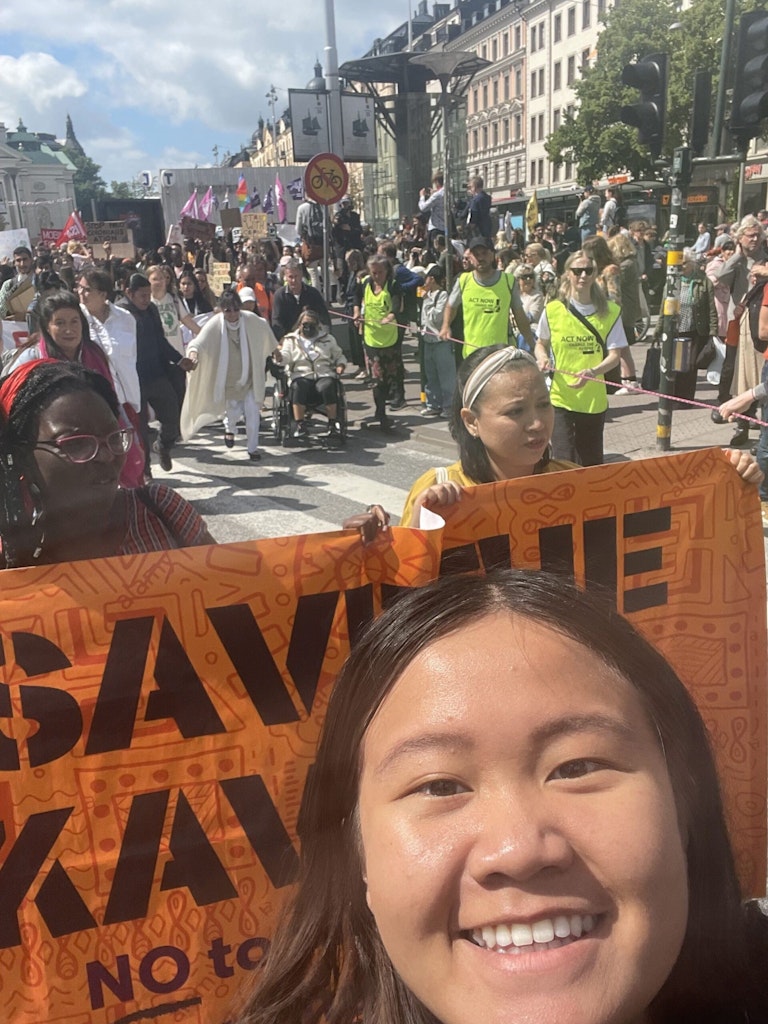
Angela is a first-generation Asian-American sophomore studying at Harvard University. She is studying economics with a minor in environmental science public policy and a language citation in Mandarin. Angela was a Girl Up leader and Storytelling Scholar who worked on projects that addressed the issue of human trafficking prevalent in her community. Hailing from Houston, Texas, USA, Angela has felt the impacts of natural disasters and climate change first-hand. Though she is currently on a gap year, she previously served as her school’s first-ever Minister for Climate and Sustainability on the Undergraduate Council Executive Cabinet. Angela is passionate about youth climate advocacy and was fortunate enough to represent youth at the US Institute of Peace Conference, Rotary World Peace Conference, ECOSOC Youth Conference, EarthX 2022, Stockholm+50, C40 Cities Summit, and many more. She currently serves as an intern for the UN Capital Development Fund and enjoys figure skating in her free time.
